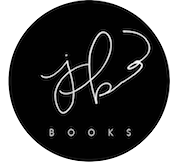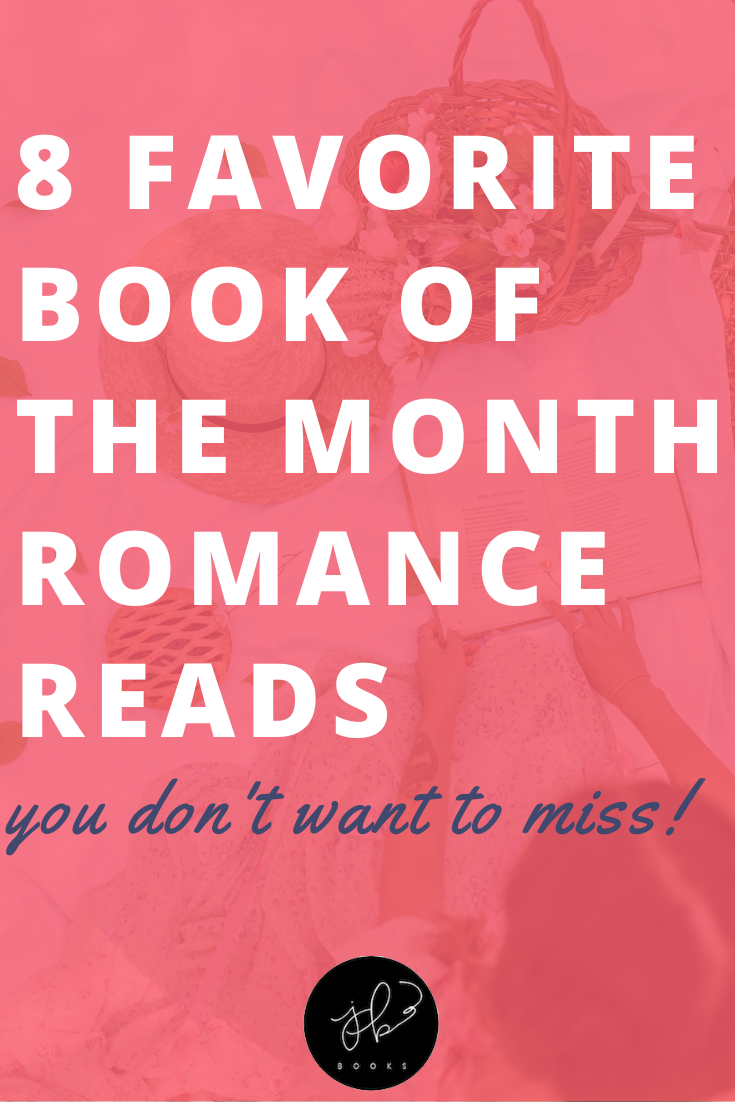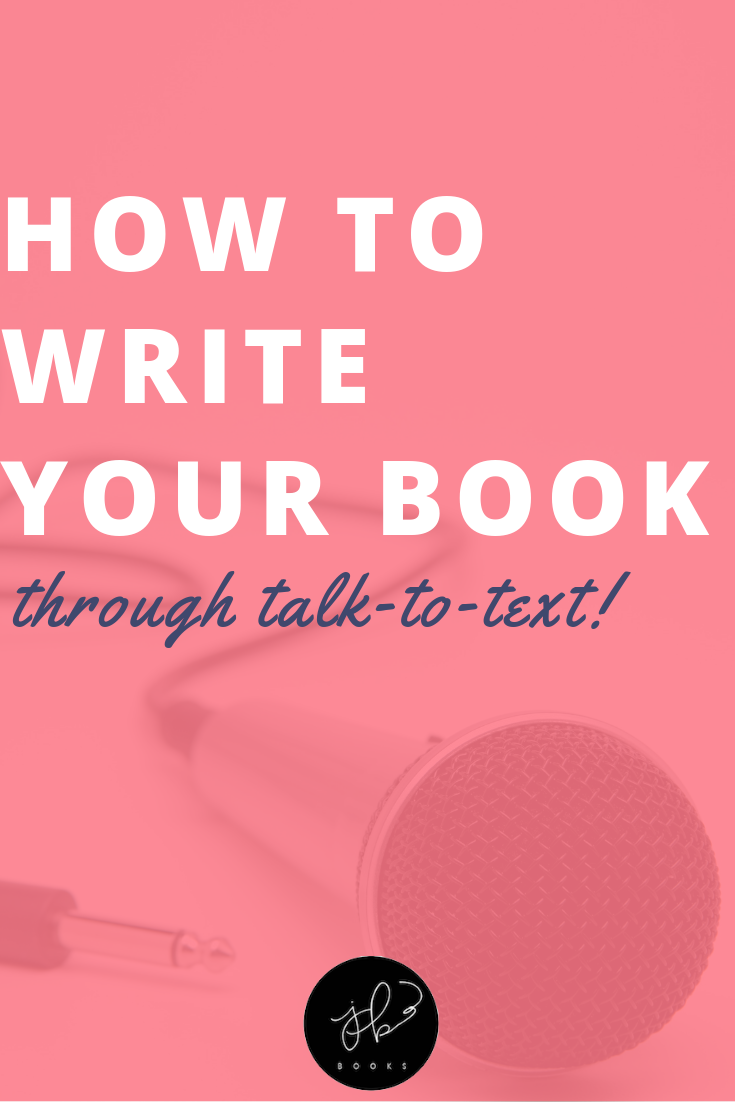Good morning, friends! When I was searching for a cover designer for These Are the Moments, I did not know the first place to start. A great cover can make or break a book sale for you. Let’s dive into the process!
Like learning how to find a freelance editor and how to find book bloggers, I had to find out where to search for a cover designer.
First up? The best places to look for designers:
Do The Research
Google is your friend.
I'll be honest with you. I didn't have the first clue about where to find a cover designer when I first started the publishing process. I knew that I wanted a good quality designer at an affordable price, but beyond that, I was clueless.
When it comes to finding a book cover designer, take it to the search bar. Make sure to search based on your unique need. Try "affordable book cover designers" and "book design for self-publishers." Where should you search? A few suggestions:
Search Engines. Because, obviously.
Pinterest. Fun fact? This is where I found my cover designer. Probably not the most effective way, but it worked for me.
Amazon. Have a crush on a book cover? Pay attention to who designed it! From there, you can contact the designer for rates.
Use your resources.
If you have friends with self-publishing experience, ask about their experience with their chosen designers. Take to Twitter with the hashtag "selfpub" and see what kind of response you receive.
Try Reedsy.
There's an amazing new website called Reedsy, by my friend Ricardo. (No, that's not an affiliate link. Just a total fan over here.) Reedsy is a simple way to connect writers with cover designers and editors.
You review the designer/editor profile, and then reach out to them with your project. From there, they'll send you a bid with a price suggestion, and you'll make your choice.
How to Choose Your Designer
When it comes to choosing a designer, there are three things you need to consider:
Affordability. Know your budget before you even begin to look. Think of this as wedding dress shopping. You may fall in love with the fancy Vera Wang, but your savings account may be left crying.
Experience level/reviews. You want to make sure your designer is a professional. Browse their portfolio and their customer reviews. When communicating with him/her, pay attention to the response times and the way he/she handles business.
Your book. When you browse through this designer's work, can you envision what he/she could do for your book? So much of choosing a designer is gut instinct. It's taking a leap, and praying that you stick the landing.
Be Prepared
Have Your Book Ready.
There's a great chance that your designer will want to read your book for inspiration. Have an edited copy prepared to send, as well as ideas of what kind of design you may want.
Know Your Timeline.
Designers can take anywhere from two to three weeks, so make sure to budget this time into your publishing plan. There are definitely designers who can accommodate a faster turnaround time, but for your sanity, make sure you give yourself ample time.
Be responsive.
This is someone's livelihood. Make sure you are responsive and clear about what you're looking for in a design. If your designer reaches out to you with a question, be ready with an answer!
Images vs. Illustrations.
Personally, I didn't want a stock image for my book cover, so I made sure to seek out a designer who could accommodate this.
Discussion Time: What do you know now about how to find a book cover designer that you wish you had known before? If you're looking for a designer now, what are your struggles?





















